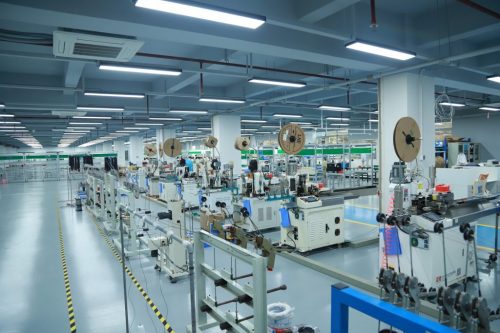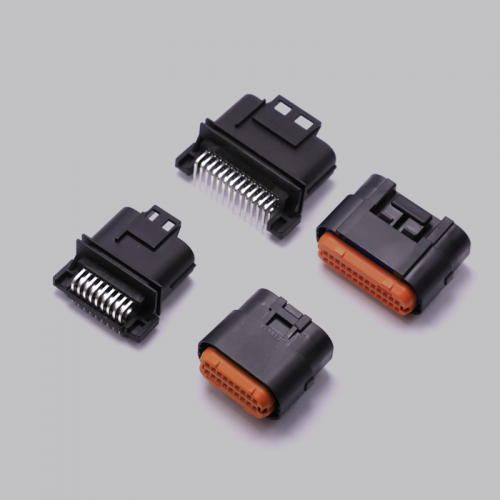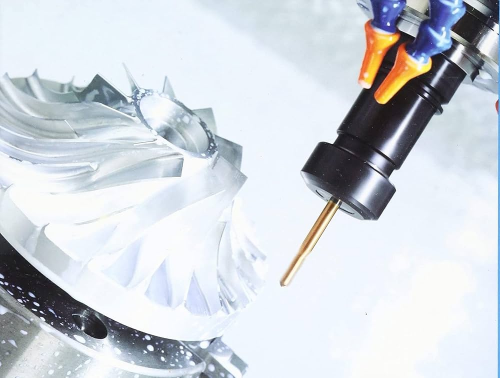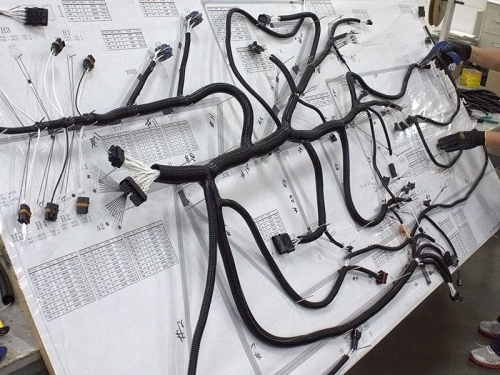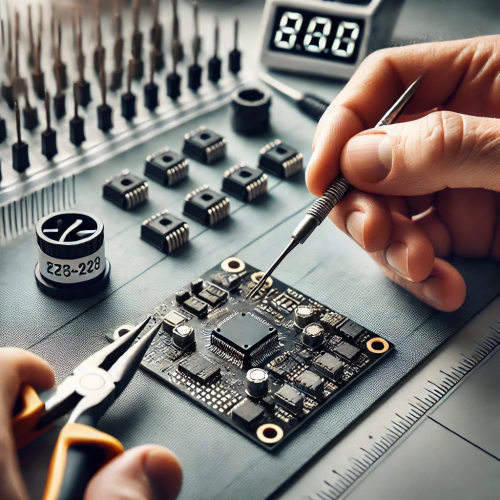The shell connector is a crucial component of the electrical connector, comprising the plug and socket shells, a connecting nut, and a tail attachment. Shell connectors play a pivotal role in ensuring device performance, offering mechanical protection, safeguarding internal components from damage, and achieving electromagnetic shielding. Therefore, the selection of appropriate housing connector tools is of utmost importance in the design and production process of electronic products.
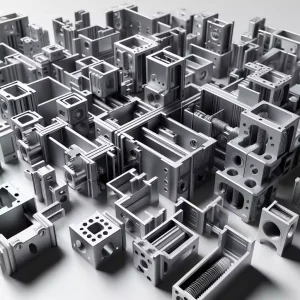
Ⅰ. Types of Shell Connectors
USB
This connector is widely used to link various devices such as mice, keyboards, printers, cameras, etc.
HDMI
Mainly employed for transmitting high-definition video and audio signals, it is a common choice for connecting TVs, game consoles, and computers.
D-Sub
E-Available in various sizes, including 9-pin, 15-pin, 25-pin, etc., D-sub connectors are commonly utilized for serial and parallel interfaces.
RJ-45
A common network connector used for Ethernet connections.
BNC
Primarily used in radio and video equipment.
RCA
Commonly employed in audio and video equipment.
VGA
A three-row 15-pin D-Sub connector mainly used for video transmission.
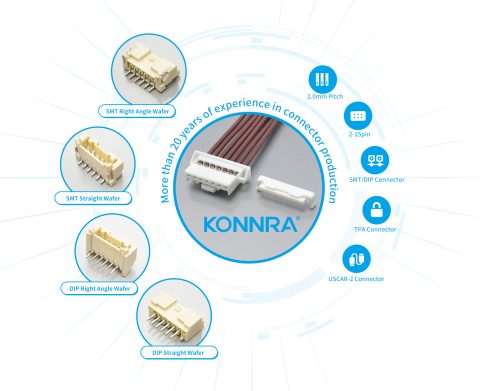
Provide a simple, safe and cost-effective power routing solution between separate PCBs. For example, in household appliances such as stoves and ovens, our PCB terminals can secure wiring to the board without the need for soldering, allowing for quick replacement or repair
Ⅱ. Factors to Consider When Selecting Housing Connectors
Environmental Requirements
Consider temperature resistance, which is related to the connector’s material. For instance, commonly used plastic materials include Nylon9T, Nylon6T, LCP, and PA66, each with varying temperature resistances. The welding process is also vital.
The temperature resistance of plastic materials commonly used in wave soldering is as follows: PA66 (220~230°C) and Nylon6T (265°C). For reflow soldering, the temperature resistance of plastic materials typically includes Nylon9T (295°C), Nylon6T (265°C), and LCP (295°C). Additionally, it’s essential to consider the welding process during these operations.
Waterproof and Dustproof Rating
The protection level is generally classified by IP ratings, with higher numbers indicating better waterproofing. Select the appropriate waterproof connector based on factors like underwater depth and duration of use.
Mating and Locking Mechanism
Choose connectors with locking mechanisms to ensure a secure connection. Options include threaded connections, bayonet connections, and pin-type connections, each with its advantages and drawbacks.For instance, various connectors employ threaded, bayonet, or pin-type connection methods. Threaded connections are the most common, known for their simple manufacturing processes, cost-effectiveness, and broad applicability. However, they have slower connection speeds and may not be suitable for scenarios requiring frequent plugging and unplugging or rapid connections.
On the other hand, bayonet and pinball connection methods offer faster connection speeds. Take, for example, the Molex 4.2mm pitch 4p double-row pin wire-to-board connector, which features an anti-friction housing to protect pin terminals from damage when mating at challenging angles. Additionally, the housing incorporates polarization and keying features to prevent misalignment and mismatched sockets.
Materials and Durability
Consider plastic and metal connectors. Plastic connectors are flexible, lightweight, and cost-effective but may not endure high temperatures or direct sunlight. Metal connectors are durable and heat-resistant but are heavier and pricier. Rust can be an issue in humid or oceanic environments.
Resistant to Vibration and Shock
Circular connectors made of materials with good hardness, toughness, and strength properties are better suited for vibration and shock resistance. High-strength and corrosion-resistant materials like aluminum alloy, zinc alloy, and stainless steel are preferred choices.
For instance, in the aviation industry, where high levels of vibration and intense impacts are common, materials with high mechanical strength and corrosion resistance, such as aluminum alloy, zinc alloy, and stainless steel, are of utmost importance for aviation plug connectors. Simultaneously, the design often incorporates a circular structure and a spiral locking mechanism to enhance their vibration and impact resistance.
Proper connector selection can enhance equipment performance, reduce maintenance costs, and ensure optimal equipment function throughout its expected lifespan. It is vital to choose connectors suitable for your electronic products to promote convenience, safety, and progress in the electronic field.






